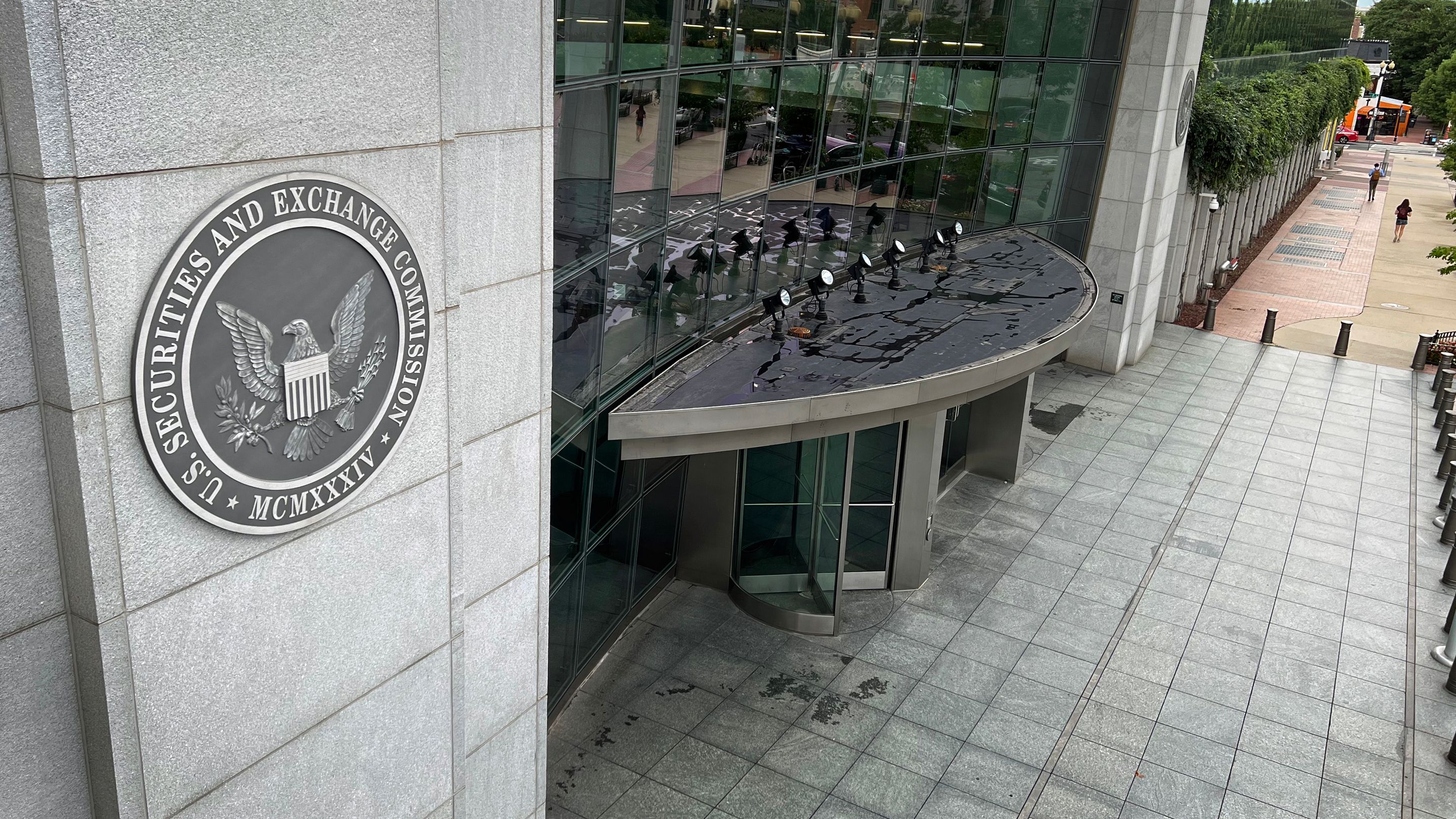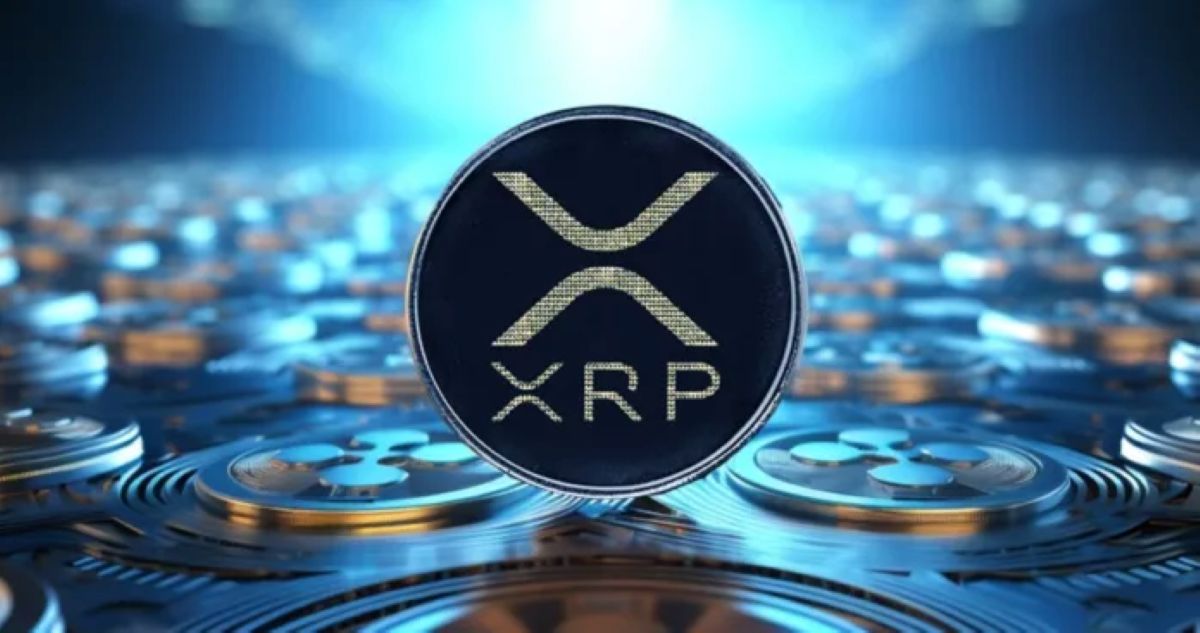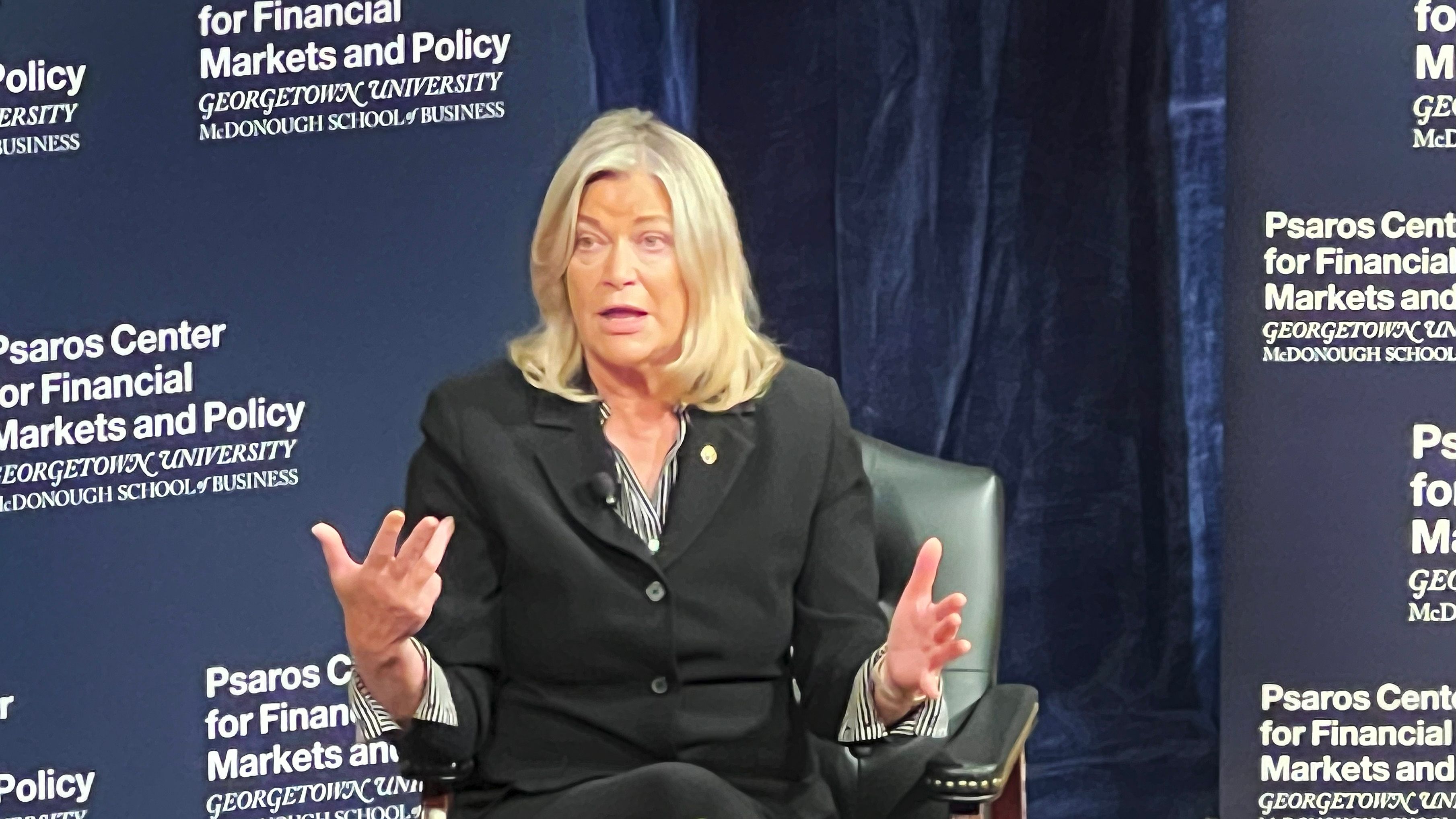ARTICLE AD
Solana Labs Co-Founder Anatoly Yakovenko has directed his community towards a new blockchain protocol called BunkerCoin.
The announcement coincides with the release of the white paper for BunkerCoin, a blockchain protocol designed for environments with limited bandwidth, including compatibility with shortwave radio.
The white paper, released today and titled “BunkerCoin: A Low Bandwidth, Shortwave Radio-Compatible Blockchain Protocol,” presents a technical overview.
BunkerCoin utilizes a recursive Zero-Knowledge Proof hash function and a proof of elapsed time Verifiable Delay Function (VDF). The VDF allows miners to identify a ‘golden ticket,’ essential for block validation and transaction integrity.
BunkerCoin addresses the challenge of data transmission over shortwave radio by optimizing for a 300-byte Maximum Transmission Unit (MTU). This is achieved through erasure-coded frames to ensure data transmission reliability and network robustness in low-bandwidth conditions. The protocol employs a Nakamoto-style longest-chain rule, which works with the transmission and validation methods to maintain network security.
Until further notice of the release of BunkerCoin, users looking to invest in this technology should be aware of “BunkerCoin” like scam coins on popular blockchains, like Solana, Ethereum (ETH), Polygon (MATIC), and Base. The best case is to wait for an announcement from Yakovenko himself for verification and more information.
By introducing a new protocol, Yakovenko could want to escape the meme coin volatility on Solana, which started in December 2023. The surge in meme coin popularity has led to significant trader profits, driven by the hype and rapid token proliferation on the Solana (SOL) and Base blockchains.
BitMEX Co-Founder Arthur Hayes cautions against dismissing meme coins as stupid and valueless, emphasizing their role in attracting new users and developers, thereby aiding blockchain development.

 9 months ago
56
9 months ago
56 

